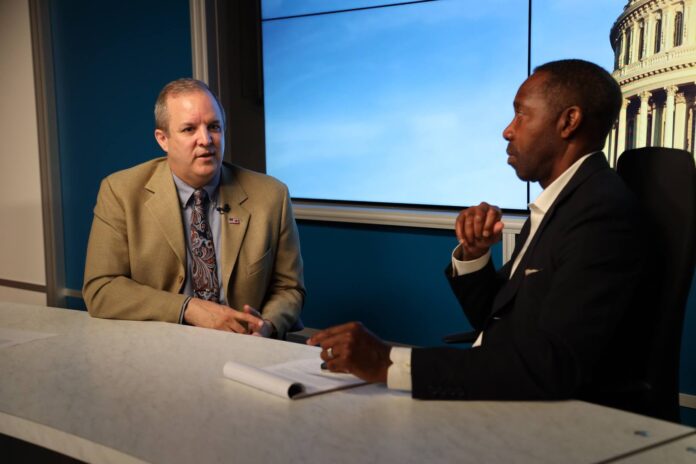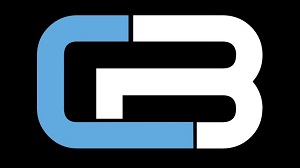PANEL OF EXPERTS
 Erik Kleinsmith is a former Army Officer, Intelligence & Security Expert, and Vice-Chair of The Case Breakers. In addition, Erik was a key member of the Army “Able Danger” program that secretly tracked Al-Qaeda before 9/11. He’s authored many articles on intelligence, along with the 2020 investigative bible, Intelligence Operations: Understanding Data, Tools, People & Processes.
Erik Kleinsmith is a former Army Officer, Intelligence & Security Expert, and Vice-Chair of The Case Breakers. In addition, Erik was a key member of the Army “Able Danger” program that secretly tracked Al-Qaeda before 9/11. He’s authored many articles on intelligence, along with the 2020 investigative bible, Intelligence Operations: Understanding Data, Tools, People & Processes. JJ GreenNational Security Correspondent, WTOP-FM News, D.C.
JJ GreenNational Security Correspondent, WTOP-FM News, D.C.
The pace of technological change has impacted the lives of populations everywhere in one way or another. From communications devices, to cars, even home appliances are connected to the internet. But, perhaps the most critical concern is the validity of the information fed into those devices. As a result, the meaning of the information that intelligence community (IC) analysts find in front of them is no longer the most important question they need to answer.
Before they do that, “they not only have to review the original source where that information came from, but they now have to evaluate how did it get to them -and what filters were put in place,” said Erik Kleinsmith, Associate Vice President for Strategic Relations in Intelligence, National & Homeland Security, and Cyber for American Military University on the “Academic Insights” show.
He said often, the information has been politically infused, influenced, amended or disconnected from its original source. The problem, according to Kleinsmith, is today’s abundance of options for capturing information.
“We think that as technology has advanced, we’ve become more and more able to grab whatever information that we need—and that’s not true. We’re grabbing a ton of noise.”
The enigma, said Kleinsmith creates an urgent educational mandate for the IC as it prepares future generations to take on an increasingly complex task.
“I’m a firm believer that intelligence, especially training and education, must always be on the side of the analysis, the critical thinking—the skepticism.”
Kleinsmith said many potential analysts today have excellent multi-tasking capabilities and can adapt to the latest technologies, but that frequently supplants critical thinking and deep analytical abilities.
The reality, he said, is “tools are going to change every 18 months. We’ve still got to go back to the same thing. What does this do to help my analysis? Does it help me collect, does it help me make a product?”
And most of all is determining if the information is legitimate. (9/4/19)





